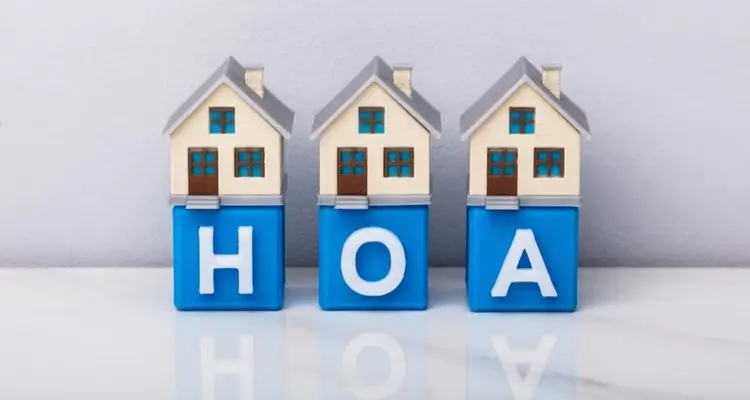
The Coronavirus has hit the United States hard. Rudy Gobert of the Utah Jazz in the National Basketball Association tested positive for the Coronavirus on Wednesday, March 11th.
In response, the NBA suspended the season for a period of at least 30 days.
Every other sports league and events have been canceled or postponed until the virus is contained.
The stock market crashed sending the Dow from 30,000 to 21,000 a drop of 30% in a matter of days.
With everything that’s going on it’s nearly impossible to find a silver lining, but there is one.
Interest rates are taking a beating and are at the lowest levels they have been in years making it a good time to refinance, or get a new mortgage.
Refinancing Your Mortgage Loan
When the stock market is strong mortgage rates increase, but when the market is down mortgage rates go down with it.
In a time where half the population is self quarantined, it may seem odd to be doing anything, but most lenders remain open and refinance applications are at a 10 year high, up 75% week over week, and 192% from this time last year.
If your current interest rate on your home loan is 5% or higher it may be a good time to refinance into a lower interest rate.
Currently, the rate on a 30-year fixed-rate mortgage loan is roughly 3.5%.
Refinancing a mortgage with a 5% rate to one with a rate that is 1.5% lower would save you tens of thousands of dollars over the life of the loan.
Borrower Requirements
- 580 credit score or higher
- Must have had your mortgage for at least 210 days
- No mortgage late payments in the past 12 months
- Steady employment
Compare Loan Offers from Multiple Lenders
Refinancing your mortgage isn’t free, there are closing costs and other fees you must be aware of. In fact, refinancing a loan could cost as much as buying a new house.
Don’t make the mistake many borrowers make of refinancing through their current lender without comparing quotes from a few different lenders. While it is perfectly okay to refinance your loan with your current lender, it doesn’t mean it’s the best deal available.
Lenders must provide borrowers with a loan estimate (LE) that breaks down all the costs, fees, and interest rates. Once you a LE from at least 3 different lenders you can begin to negotiate the costs down.
Know Your Credit Score
Your credit score is the most important factor in determining your interest rate on a loan. You want to make sure your score is as high as possible before starting a refinance application.
The quickest way most consumers can increase their FICO score is by paying down credit card debt. The amount of available credit you’re using is called your credit utilization ratio, and it accounts for a whopping 30% of your overall credit score.
Ideally, your credit card balances will be less than 20% of your credit limit. If your balance is higher than that you should pay down your debt to less than 20\% of the card limit.
Get a Rate Quote and Compare Loan Offers
Randall has over 15 years of experience in the mortgage and credit industries. He spends a chunk of time helping consumers understand their credit, advise them on how to increase their credit, and lending his mortgage expertise to help them find the right type of loan. Randall lives in Dallas, Texas with his two sons.



